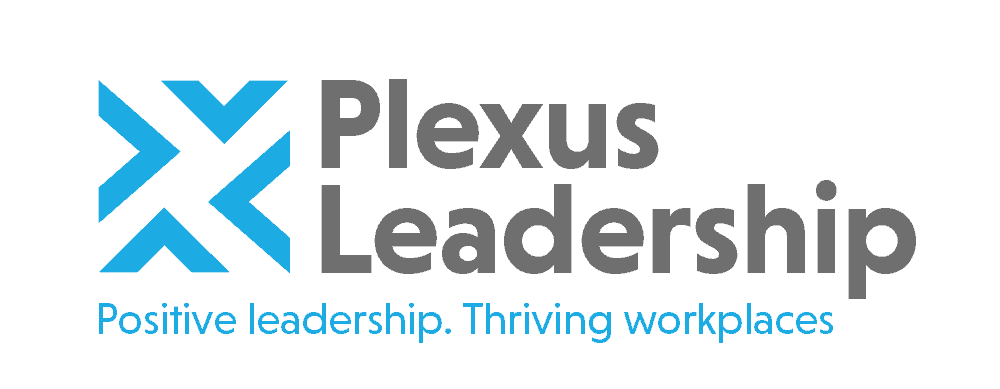Many Tech start-ups and fast-growing scale-ups find themselves competing against much bigger Tech rivals in the war for talent. This presents a “David and Goliath” dilemma: how do you attract and retain talent against competitors that are so formidable and have well established talent practices and programs, including excellent pay and benefits packages?
As was the case for David, the solutions are not easy and original, well-targeted strategies such as the ones below are called for.
Be clear on your employer brand
The starting point is to be clear or your purpose and story about why top-flight talent should join your company. Provided you are offering reasonably competitive remuneration, many people will be attracted to a pioneering and agile start-up or scale-up where they have greater scope to shape the products and direction of the company rather than joining a bigger, established company that has more “red tape”, rules and decision-making complexity.
Stand out by creating a “purple cow” talent strategy
Marketing guru and author, Seth Godin, coined the term “purple cow” to describe a highly innovative and differentiated value proposition that stands out in the market and provides a company with a strong competitive edge.
Smaller companies should build this “purple cow” thinking into their talent strategy by asking themselves the question: “What can we do to make ourselves stand out to top talent we want to attract?” Over the years I have seen companies approach this challenge in a variety of different ways including offering attractive profit sharing schemes, highly flexible work arrangements to fit in with the pressures of modern living, fun social activities and/or providing exceptional learning and development opportunities such as mentoring support or the opportunity to participate in visible “stretch projects” from the get-go.
Build a compelling culture
Standout Tech companies understand the importance of creating an organizational culture and system of shared values that unites people and gives them a clear sense of purpose and belonging. They invest in building places to work that are fun, motivating and supportive of excellence.
Work cultures vary considerably, however, all great work cultures reinforce a clear sense of purpose, encourage belonging by building strong teams and collaborative structures and promote the free flow of ideas and opinions through open, honest dialogue and a spirit of genuine inclusivity.
Companies like Adobe, Facebook, Novo Nordisk and Genentech encourage high levels of sharing and collaboration, building social channels and platforms to give their people opportunities to initiate and evolve ideas and solve problems together. Simple ways businesses can do this include changing the company’s workspace to create social meeting hubs, collaborative spaces and chill-out zones. Tech businesses are also borrowing a custom from Scandinavian working culture and start Fridays (or another day of the week) with an informal breakfast gathering to which everyone in the team is invited.
Ensure your management systems let people shine
Too many management systems are designed to control and direct people and end up straightjacketing their ideas, opinions and energy. As Liz Wiseman pointed out in her bestselling book Multipliers: How the best leaders make everyone smarter, great leaders focus not on showing how smart and brilliant they are at the expense of giving their people an opportunity to shine and grow. Rather, they are “genius makers” who delegate challenging tasks and empower their people by providing coaching, support and encouragement. They take time to recognize both hard work and achievements, personalizing this whenever possible to celebrate and encourage excellence. They are also generous in giving credit to others while taking the heat when things go wrong.
A management system that is supportive and enabling will help you attract, retain and optimize top talent, especially since many larger companies struggle to maintain high degrees of freedom, flexibility and agility as the company gets bigger.
By originating and implementing unconventional and attractive talent practices and programs that reflect their unique vision and values, smaller Tech companies can win out over larger rivals in ensuring a high quality supply of top-flight talent.
Suggested reading:
Wiseman, L., & McKeown, G. (2010). Multipliers: How the best leaders make everyone smarter. New York: HarperBusiness.
Other Posts

About the Author
James Brook
Founder and MD | Leadership Consultant | Organizational Psychologist
James is a leadership consultant, organizational psychologist and executive coach. He has over 25 years’ experience working with leaders, teams and organizations globally to optimize their performance, talent and future success. He specializes in positive leadership, thriving workplaces, collaboration and influencing, organizational change and transformation, accelerating innovation and coaching executives and leaders in innovative sectors including Tech, Digital, E-commerce and Life Sciences.
Before setting up Plexus Leadership, James held leadership roles in HR and Talent Management in the UK and abroad with companies such as NatWest, Yahoo! and Novo Nordisk Pharmaceuticals. After this, he founded and led several talent and leadership consulting and assessment businesses, including Strengthscope®, an online strengths assessment and development business serving a wide range of UK and global clients. James grew this venture into a global market leader before selling the business in 2018.
James has supported, advised and coached leaders and teams globally across diverse industries and geographies. Clients he has worked with include Allen & Overy, Commvault, Equinor, Facebook, GSK, Hilton, John Lewis, Novartis Pharmaceuticals, NHS, Oracle, Sainsbury’s, Swiss Re, Tesco, Takeda Pharmaceuticals, WSP and Yahoo!.
James has a Master’s in Organizational Psychology, an MBA, an Advanced Diploma in Executive Coaching and a Harvard Business qualification in Sustainable Business Strategy. He is a member of the Institute of Directors, the Association of Business Psychologists and a Fellow of the Chartered Institute of Personnel and Development (FCIPD). He is currently undertaking a PhD in Organizational Psychology examining the start-up experiences of Tech and Digital entrepreneurs.
James is a regular contributor and speaker on leadership, coaching, innovative talent management and the future of work. His most recent book, Optimize Your Strengths, explores how leaders can create thriving workplaces by inspiring and supporting people to optimize their potential and teamwork to deliver breakthrough results.





